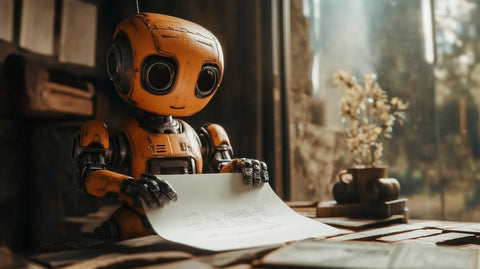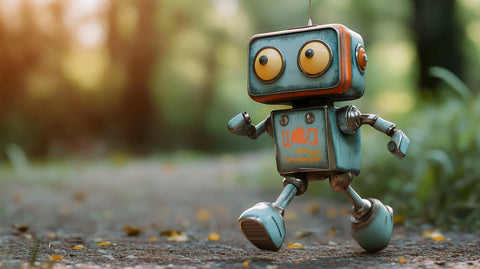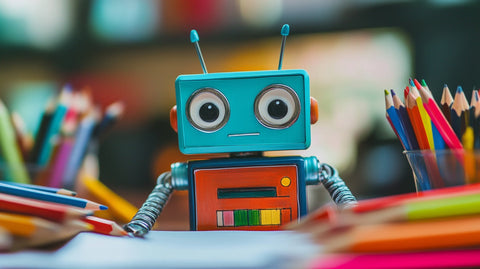The U.S. Copyright Office has just clarified the rules surrounding copyright for AI-generated content, and these updates could significantly impact creators across the board. With the rise of artificial intelligence, the relationship between copyright and AI has become increasingly complex. Here are five essential takeaways from the latest report that aims to guide content creators in this evolving landscape.
1. AI-Generated Works Lack Copyright
If a piece is entirely generated by AI, it cannot be copyrighted. No matter how innovative or remarkable it appears, pure AI content does not qualify for copyright protection, which remains solely for human-generated works. This policy has been in effect before AI gained its prominence but has now been explicitly stated.
2. Human-AI Collaboration is Copyrightable
When human creativity combines with AI assistance, the resulting work may be copyrighted. For instance, if a songwriter utilizes AI to help finish a song, this collaboration can gain copyright protection. However, the Copyright Office has not specified the exact amount of human contribution needed, indicating that determinations will be made on a case-by-case basis.
3. Prompts Don’t Count as Creativity
Ideas cannot be copyrighted, which means that a prompt used to generate AI content is just an idea and not considered creative input. Despite the time invested in crafting the perfect prompt, the results are not subject to copyright, as the user doesn't exercise enough control over the outcome. The variability of results from the same prompt further reinforces this point.
4. Enhanced Works with AI Allow Partial Copyright
In cases where a creator uses AI to enhance a work, only specific elements may be copyrightable. For instance, if a musician composes a melody and employs AI to develop additional sections, the melody alone earns copyright protection, leaving the AI-generated parts unprotected.
5. Combining AI Elements Can Lead to Copyrightable Works
If a creator utilizes AI to produce components and then integrates these into a larger creative work, there is potential for copyright protection. This again relies on the specifics of each case; if the creator modifies the AI-generated parts creatively, the overall work may be eligible for copyright.
These five points summarize the ongoing conversation surrounding AI and copyright as outlined in the latest report. The evolving nature of technology means that creators must stay informed about these regulations to navigate the complexities of their artistic rights.
As you explore the world of AI and content creation, consider how automation can simplify your workflow. At Motivo Media, we specialize in helping brands and small businesses streamline content development and enhance efficiency with AI-driven solutions. Whether you're looking to optimize your video production or automate your content strategies, we’ve got you covered!



